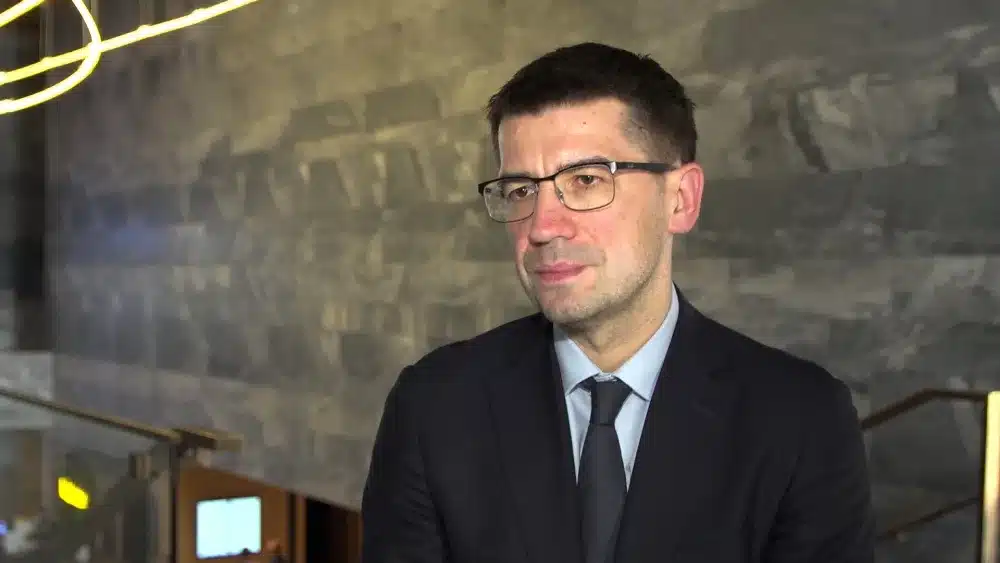It is expected that Poland will experience an investment boom beginning in 2025, largely fueled by increased funds from the KPO (Knowledge, Practice, Opportunities) initiative and regular EU contributions. The construction industry is anticipated to reap the most benefits. Concerns are emerging about the possible accumulation of investments, especially in relation to the public procurement system. “While public procurement law may require certain amendments, there doesn’t seem to be a need for its complete overhaul,” assesses Mariusz Haładyj, President of the Polish General Procuratorate. According to him, some elements of public procurement call for practical solutions rather than legislative changes.
In Poland, large infrastructure projects related to the construction of the International Airport, high-speed railways, and a nuclear power plant are being prepared. Alongside, it is anticipated that the biggest influx of EU funds will arrive in 2025, set to stimulate the national economy and provoke an investment boom, eagerly awaited by the construction industry. Economists from the PKO BP Bank, commenting on August’s GDP data, suggest the construction sector will benefit the most.
“As for the upcoming increased investment expenditure, the challenge for the ordering parties will involve synchronising these expenditures, to ensure predictability and prevent investment peaks. Otherwise, we inadvertently reduce competition and subsequently fall into quiet periods. Therefore, it would be worthwhile to work on a good spread of these investment plans,” says Mariusz Haładyj. He further encourages contractors to actively participate in procedures, contribute to contract creation, and ask questions to clarify any doubts before committing to agreements.
After three years marked by a lack of contracts and an increasingly worsening financial situation, problems may arise from the accumulation of new orders and executing them all by the set deadline. Especially since most KPO funds must be spent by 2026. Various entrepreneurs still express concerns about the unfavourable legal environment, particularly issues involving indexation clauses, numerous appeals, legal disputes, and existing contractor selection mechanisms, where the price still plays the dominant role.
“Our office does not receive requests for a thorough reformulation of the Public Procurement Law,” says Mariusz Haładyj, “However, some areas certainly need practical solutions, so investments serve primarily for efficiency. The Public Procurement Law may require some minor amendments after several years of operation, but it doesn’t require a complete reconstruction”.
According to Haładyj, the President of the General Procuratorate, one of the main areas of focus is to verify offers with low prices, whether it should be done through verification by other offerors or additional tools are needed. Similar results apply to the use of the low price criterion. As he points out, attempts have already been made in the past to draw up regulations aimed at discouraging ordering parties from using it as the sole and most important contractor selection criterion.
“In my opinion, the next steps involve working out a model for verifying tenders with a ridiculously low price. It seems to me that what is most important is to sit down together, in a common group, and think about a model for verifying tenders with ridiculously low prices,” adds Mariusz Haładyj.
